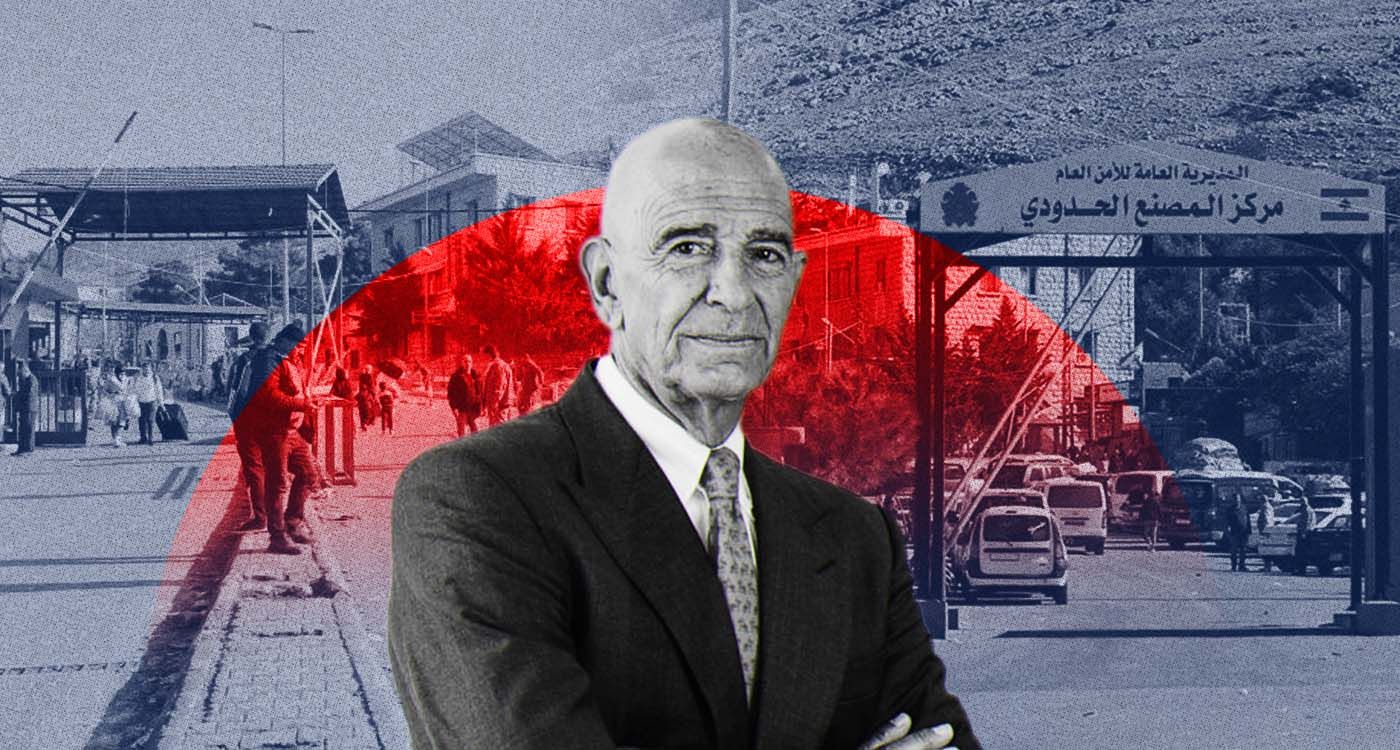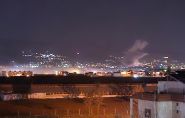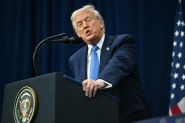
As part of its ongoing campaign to justify keeping its weapons outside state authority, Hezbollah has been circulating claims of Syrian troop build-ups along Lebanon’s eastern border and alleged infiltrations of extremist fighters into Lebanese territory. On multiple occasions, the Lebanese Army has swiftly and unequivocally denied these reports in full.
According to security sources, the Army and General Security recently conducted a sweep of the border area with Syria. The Army deployed drones throughout the operation, flying along both the eastern and northern frontiers and managing to survey up to seven kilometers deep into Syrian territory. No military build-up was observed. Intelligence gathered by Army Intelligence and Internal Security in the Beqaa and the North also confirmed that no extremist fighters — particularly not Chechens or Uyghurs — had crossed into Lebanon from Syria.
Political sources say that despite the Army’s clarifications, Hezbollah and the Free Patriotic Movement (FPM) intend to continue promoting such rumors as part of a broader strategy to alarm the Lebanese public for political purposes — starting with justifying Hezbollah’s refusal to hand over its weapons and extending to attempts at securing electoral gains in the upcoming parliamentary elections. This approach has also included exploiting parts of US envoy Tom Barrack’s interview with The National. They did not cite his remarks accurately, particularly his warning about the threats Lebanon could face if Hezbollah does not disarm — threats coming from Israel, Iran and Syria. Instead, they took his words out of context and placed them in a narrative that serves their political agenda, circulating the claim that the United States wants to annex Lebanon into the so-called Bilad al-Sham — something Barrack never said.
In his interview with The National, Tom Barrack said verbatim: “Lebanon faces the risk of falling under the influence of regional powers unless Beirut takes decisive steps to address Hezbollah’s weapons stockpile. Lebanon must resolve this issue, or it could face an existential threat. On one side, there is Israel; on the other, Iran; and now, Syria is rapidly reasserting itself. If Lebanon fails to act, it will once again become part of Bilad al-Sham. The Syrians even say that Lebanon is their seaside resort. We must take action. I understand how frustrated the Lebanese people feel — I share that frustration.”
Barrack’s remarks clearly demonstrate his deep concern for Lebanon and mirror the frustration felt by the Lebanese over the unresolved issue of Hezbollah’s arms. He emphasizes that it is the responsibility of the Lebanese state to act in order to shield the country from these dangers, firmly tying Lebanon’s future — both its land and people — to the decisions made exclusively by its government.
Despite Barrack’s later clarifications, the campaign against his statements — and their political exploitation — persisted, eventually prompting a direct response from Hezbollah. MP Ibrahim al-Moussawi attacked the US envoy and demanded that the Foreign Ministry summon the American ambassador. Political sources reminded that Hezbollah had long been a driving force behind Lebanon’s integration into Bilad al-Sham, from 1992 until the fall of the Assad regime. Hezbollah vigorously defended the slogan “unity of path and destiny,” fiercely opposed the Syrian withdrawal and endorsed the idea that Syria’s presence was “necessary, legitimate and temporary.” This culminated in Hezbollah’s full involvement in the Syrian war alongside Assad’s regime, a conflict that claimed thousands of the group’s young fighters.
Political sources emphasize that Hezbollah’s current challenge stems from the fact that the new Syrian regime no longer operates within the party’s orbit, which explains its opposition to Barrack’s comments. Yet, looking back, Hezbollah would not hesitate to forcibly integrate Lebanon — and all its people — into Bilad al-Sham.




Comments